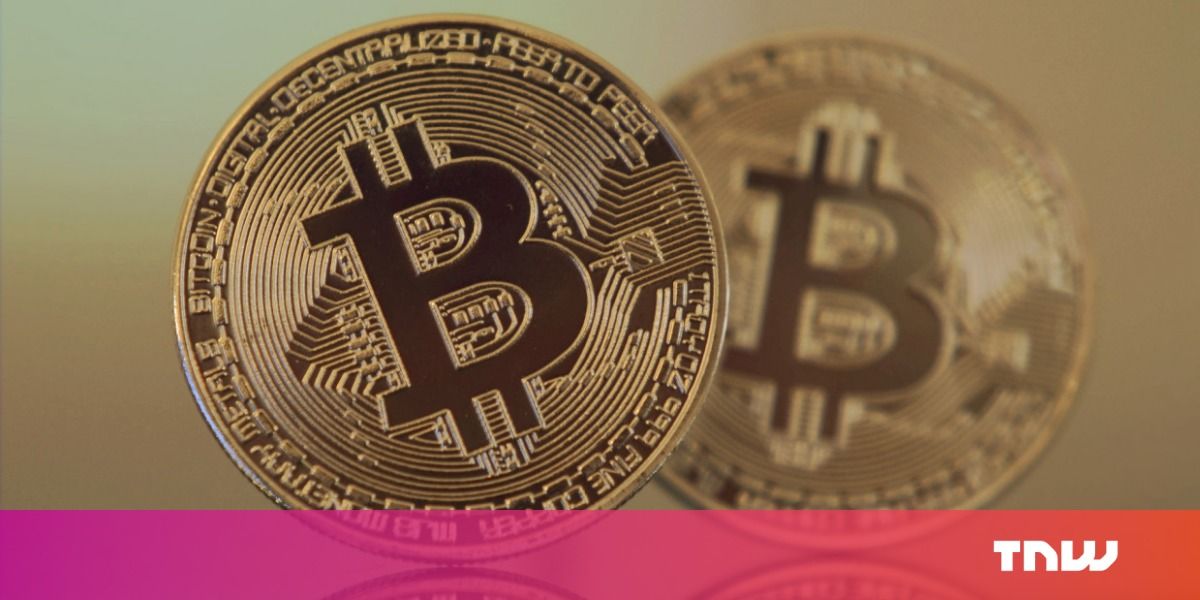Mar 12, 2018
What sets cryptocurrencies apart from each other?
Posted by Philip Raymond in categories: bitcoin, cryptocurrencies, economics, finance, internet
Today, I was asked to answer this question at Quora:
“What sets each cryptocurrency apart from the others?”
“Cryptocurrency” is a broad term. It refers to payment coins, of course—such as Bitcoin and Litecoin. But, because most tradeable tokens attain an asset value, the word is often used to refer to smart contract devices, such as Ethereum, a host of other blockchain based tokens, functional Internet-of-Things tokens, and even ICOs (Initial Coin Offerings). Since people treat ICOs and IOT tokens as investment instruments even if they are useless as a payment mechanism, they all fall within the realm of a cryptocurrency.
So, before addressing the question, let’s distinguish between Altcoins and ICOs. I assume the question refers to Altcoins, and not ICOs…
Continue reading “What sets cryptocurrencies apart from each other?” »













